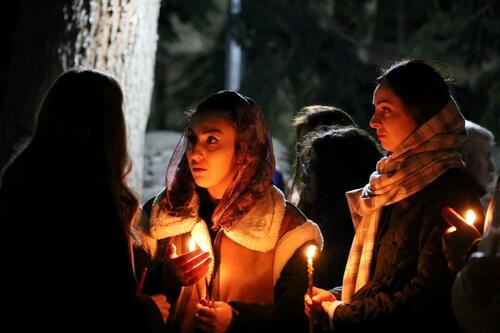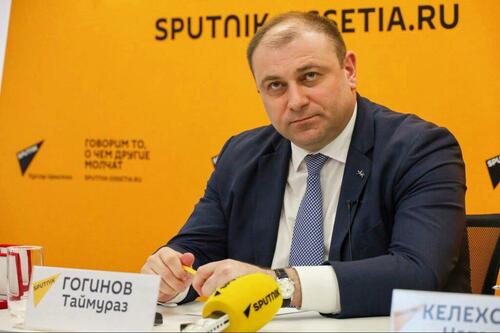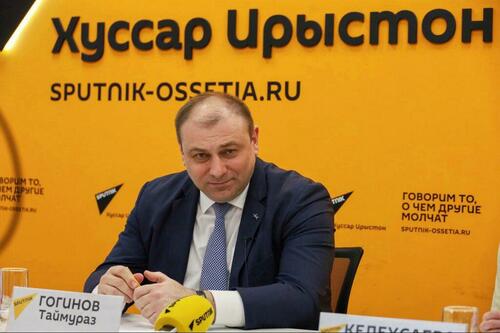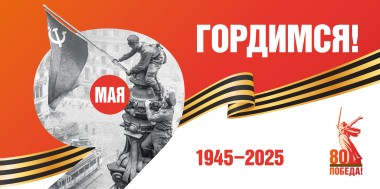You think you've seen the worst in your life, the one thing that unites all of your nightmares in naked terror that exists in reality, and you find comfort in one thing - nothing worse will happen. And if it happens, your mind will not bear it and you `ll never know about it. But the worst happens, your mind copes with it, and you continue to live.
Stephen King
War is disgusting for its brutality, ruthlessness and senselessness, destroyed people's lives, huge grief.
War reveals extreme forms of the vilest and the most beautiful traits of human nature, even those that are laid so deeply that their owner may not realize it. The war in South Ossetia is not an exception, though ... why the war? Calling things by their proper names, the actions, taking place in the 90s in the then South Ossetian Autonomous Region one can give only one definition - it was an act of total destruction of the Ossetian people. Equally with men, the wonders of endurance, courage and valor in the defense of their native land also showed the South Ossetian women.
Madina Plieva - the name of this Ossetian woman went down in history of the struggle for the independence of South Ossetia. She is held in respect and a certain degree of admiration.
She tells reluctantly about herself and does not consider her actions heroic.
"At that time everybody helped as they could, regardless, whether they lived in South Ossetia, or not. We did everything we could to defend our homeland. It was our duty to help each other, "- she said.
Communication with her –is as a transition to another dimension of life. She is like a human being from another world, perhaps, the representatives of her generation, underwent an ordeal, were such kind of people. Her thoughts are pure and she feels the boundless love for others, she sees life not as it is perceived by the youth today. Today`s generation is thinking and feeling otherwise, there is no sincerity among them. I`d like to define it, but it comes to my mind only one word that cannot be translated into other languages - irondzinad. Her actions, intentions, thinking meet this definition. Another feature that arouses admiration is her humanity. It is surprising that a fragile woman's heart has not lost the ability to love and to give love to the world around, after all sufferings she has experienced.
Madina Plieva was born in 1961 in the town of Tskhinval. In 1979 she finished a school №9 in Tskhinval and in 1980 began working in the orchestra of the South Ossetian state ensemble "Simd." Seeing the girl's talent for music, a bandleader Raybeg Bitiev helped her to enter the folk instruments department of the Tskhinval music school named after Felix Alborov. Plieva played on traditional Russian stringed musical instrument domra. Musical ability allowed her to develop a training program, already in the second year she masterfully played musical compositions of the fourth year program.
So she was studying and working, often went on tour with the State Song and Dance Ensemble "Simd", and in 1986, after graduating from the musical school, she as the highest category artist, began to work in a house of culture in the village of Ksuis as a head of the folk instruments group. Later, she turned this group in folk orchestra.
"I was teaching the village children to play music. They learned the notes, as at the school "- she says with pride.
Here the story of a quiet peaceful life has come to end ... and then has started war.
"I was only 28 years old, everything changed completely, the familiar life, familiar relationships, - we could not adapt to the constantly changing situation. At that time I already had my own car, and I helped people as I could – I could not sit at home, "- she said sadly.
With pain in her voice she has told how Georgians were blocking the roads to the South Ossetian villages, killing Ossetians, buried them alive, tortured. Indeed, the war has left in history many facts of the most sophisticated tortures and torments that Georgians used to Ossetians.
"The boys from the villages were moving to Tskhinval taking the bypass, and we supplied them with arms and ammunition, though it was very difficult. Some weapons they took out themselves, we also delivered the arms, especially with columns, "- she said.
At that time in the zone of conflict were still the Russian troops. They escorted the columns of civilians to the Ossetian villages blocked by Georgians. These columns could smuggle weapons that were hidden under the food, household items. They also managed to smuggle the bulky weapons - rockets, mortars.
"We had a lot to learn, life forced to be inventors, forced to vanquish fear, to go against the sense of self-preservation. We had no other choice, "- she said.
Time passed, the situation was getting worse every day. However, many state institutions were working, such as South Ossetian State Theatre named after Kosta Khetagurov where were conducted the rehearsals of the «Simd» orchestra. Plieva found time to attend the rehearsals.
Many Ossetian villages were burned. But few national groups that were defending the frontier territory, despite the danger, were being delivered weapons.
Paying tribute to her homeland, Madina, as a warrior was wounded several times. The first time when the run of luck went against her happened when there was fighting for the Ossetian village of Pris bordering on Tskhinval.
"I just left the hospital when I saw the village on fire. My car had already been in blood of the wounded and killed, which we were bringing to the hospital. I and three guys drove towards the bridge across the river of Liakhva. The bridge was in full view, and the Georgians would shoot the back of people fleeing from the village. We might even save someone, drive them to the hospital, to a safer place, "- painful memories have forced to relive those events.
Not finding people on the bridge, they went further and saw a man brandishing a gun who was running from the border with Georgia.
"We drove up to him, he pulled the door and tried to throw me out of the car and drive himself, saying -"Sister, you will not cope with it. Pris is almost burned, and the Georgian armored troop carriers are moving closer, our wounded friend is still in our armored troop carrier, we have to save him." We managed to take out the wounded, but, unfortunately, we didn`t manage to save him. Then I was injured the first time "- says Plieva.
April 25, 1992 the Russian contingent of internal troops at night withdrew from Tskhinval. The defenders of South Ossetia remained without Russian support. The most difficult time Plieva calls 1991 and 1992. She talks about how helicopters were transporting the wounded to North Ossetia. The pilots risked every moment of being shot by the Georgian missiles. Emergency rooms were filled with corpses, and their number was increasing every day. In 1992, the situation was extremely tense - February, March, May. May 20 happened the tragedy near the village of Zar - the apogee of cynicism and misanthropy of Georgia
"We were in the hospital. First the killed people were brought by car "Niva". On the front seat was a woman, whose face was disfigured, we carried her upstairs, and only after a while, I remembered that we had been in the same class. Then drove up another car, out of which came the groans - the survivors were immediately taken to the operating room. Further drove up a truck full of corpses. Blood was flowing straight along the road "- these memories are the hardest to her.
It is a painful to see how kids, adults or very young people die. It is a painful to look into the eyes of their mothers and fathers.
"They were looking in your eyes and dying on our hands. There were not enough doctors, the third floor of the hospital was full, and the corridors were crowded, lying on gurneys, on the floor, waiting for their turn in the operating room. And everybody asked to operate the worst wounded "- she shares memories.
So much grief and pain for her people in her voice! Many people died, we wanted to help everybody, but the human capabilities were limited.
In July 1992, the troops to maintain peace and order or peace-keeping forces were brought into the zone of the Georgian-South Ossetian conflict. Since then much has changed, people began to hope for the better. Since 1993 Plieva served in the Peacekeeping Forces in the rank of sergeant.
But she continued to help the children, their parents and families of the victims. There was a lot of hard work. With her active participation were exhumed and reburied 12 men, who had been buried alive in the Georgian village of Eredvi, as well as the Dzhussoevs -father and son- burnt alive.
In 1992 Madina Plieva also participated in efforts to establish the rule of law in the area of the Ossetian-Ingush conflict in 1992. She, like many guys, already hardened in battle for South Ossetia, rushed to defend the North Ossetians.
From 2005 to 2009 Madina Plieva was working as a head of the department for assistance to the wounded of the Committee for assistance to the perished and wounded and the families of the victims injured in the course of the Georgian aggression. She has a letter of thanks by the Alania Town Residence of the Patriarch of Moscow and All Russia. She is a holder of medal from the All-Russian public organization of the disabled war veterans in Afghanistan and the war injuries, "Disabled War Veterans" established by the 20th anniversary of the organization. Since recently, Madina Plieva has close cooperation with this organization. Owing to her assistance the Ossetians who have become invalids defending their homeland, have the opportunity to undergo a cure in the Russian rehabilitation centers.
In 2011, the South Ossetian President Leonid Tibilov presented Madina Plieva the highest honor "Order of Uatsamongæ."
Now Madina Plieva is at the head of the Fund for Supporting the Wounded who were disabled in the fighting in the territory of South Ossetia. She continues to help the children as before. Now, under her care are also the guys who became disabled during the defense of South Ossetia in August 2008.
These facts - a small fraction of what this woman has done for her people. There are many witnesses of her heroic deeds, which she does not like to talk about and tell very sparingly. She is grieve about her people, and as a true patriot, a warrior pays tribute to her homeland.






